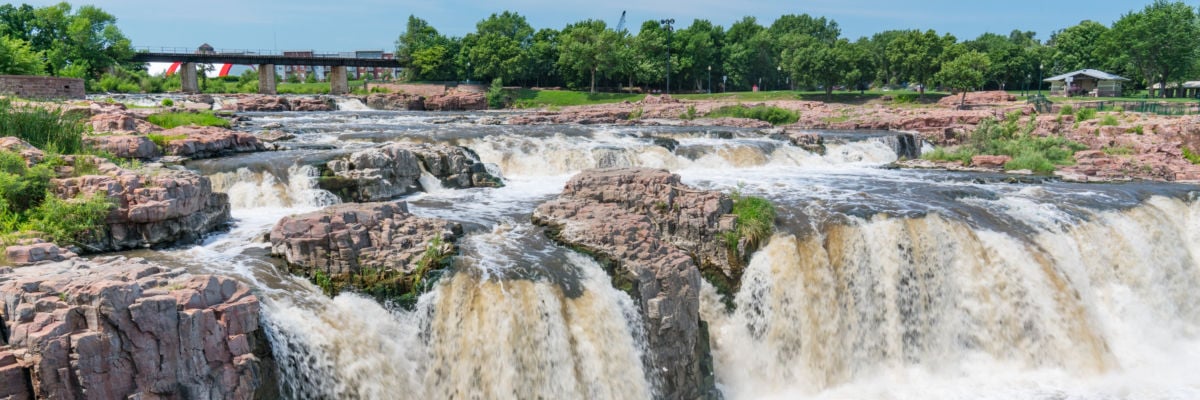
Question:
Answer:
The Old Testament is full of references to ritual washing. Of particular note are Elisha’s instructions to Naaman in 2 Kings 5 to ritually wash himself in the Jordan as a cure for leprosy, a biblical symbol of sinfulness. It is also a noteworthy part of Jewish tradition that the Jewish people from ancient times to the present have had ritual baths known as mikvahs. In fact, ancient mikvah sites have been found by archaeologists in the Holy Land. The mikvah was commanded under Jewish law to cleanse a person of ritual impurity (e.g., a woman would go to a mikvah after her period of ritual impurity during and after menstruation). So it is likely that the people to whom John the Baptist preached had a good idea of what he was referring to when he instructed them to be cleansed of their sins in the Jordan, which, because it is a natural body of water, could itself have possibly been used as a mikvah.


